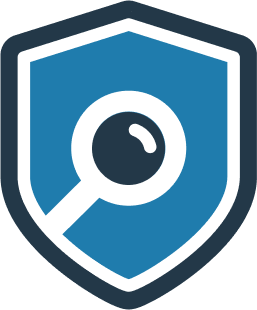Healthcare Scams
A Guide to Protecting Your Health and Wallet
Healthcare scams exploit individuals seeking medical care or health insurance, offering fake insurance policies, counterfeit medication, or nonexistent treatments. These scams can range from phishing emails claiming to be from health organizations to offers for "revolutionary" treatments or cures. Victims may end up paying for services or products they never receive, or worse, they may receive harmful or ineffective treatments. The elderly and those without healthcare are particularly vulnerable.

Things to Be Careful About:
- Unsolicited Offers: Be wary of unsolicited calls or emails offering healthcare services, insurance, or medication.
- Too-Good-to-Be-True Claims: Skepticism is warranted for any treatment that claims to be a cure-all, especially if it is not approved by reputable health organizations.
- Requests for Personal Information: Do not provide personal health information or payment details to unverified individuals or companies.
- High-Pressure Sales Tactics: Scammers often use urgency to pressure you into making quick decisions without proper research or consultation.
Actions That Can Be Taken:
- Verify Credentials: Ensure that healthcare providers and insurers are licensed and accredited. In the U.S., check with state health departments or the National Association of Insurance Commissioners (NAIC).
- Seek Second Opinions: If approached with an offer for medical treatment or insurance, consult with a trusted healthcare professional or advisor before making decisions.
- Report Suspicious Activity: Report any healthcare scam to authorities like the Federal Trade Commission (FTC) in the U.S. or your local consumer protection agency.
- Educate Yourself: Familiarize yourself with common healthcare scams and stay informed about new scams as they emerge.
- Use Secure Payment Methods: When purchasing health-related services or products, use payment methods that offer fraud protection. Avoid direct transfers or payments in cash where there's no transaction record.
Protecting yourself from healthcare scams requires diligence, research, and a healthy dose of skepticism. By taking proactive steps to verify offers and providers, you can safeguard your health, personal information, and finances from fraudulent schemes.
Still worried about online scams?
If something doesn’t feel right, you don’t have to deal with it alone. Get instant guidance from ScamAvert AI, or try the free Open Beta app for ongoing protection.
No credit card required
